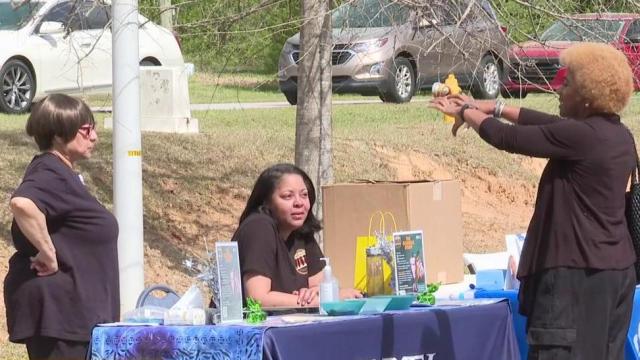Healing Highways: Churches Unite to Champion Health Justice Across America

A powerful message of health equity echoed through the halls of Antioch Bible Fellowship Church as Rev. Jamal Bryant launched the transformative "Healthy Churches 2030" tour. The dynamic religious leader brought an inspiring vision of community wellness and empowerment to Raleigh, rallying congregants around a critical mission of improving health outcomes for underserved populations.
Bryant's initiative aims to bridge healthcare disparities and create sustainable health strategies within faith-based communities, demonstrating how churches can be pivotal centers of holistic well-being and social change. By mobilizing religious institutions as platforms for health education and advocacy, the tour seeks to address systemic health challenges that disproportionately impact minority communities.
